On February 23, 2022, the State Ministry of Ecology and Environment again emphasized strengthening plastic pollution control, implementing the legal requirements of plastic pollution control, promoting the "Opinions on Further Strengthening Plastic Pollution Control" and the "14th Five-Year Plan of Action on Plastic Pollution Control", etc., to implement the effect of precise, scientific and legal control of plastic pollution.
On March 2, the Fifth United Nations Environment Assembly adopted a historic resolution,which aim is to end plastic pollution. The resolution covers the entire life cycle of plastic, including its production, design, recycling and disposal.
On October 14, China's State Postal Bureau said at a regular press conference: to ensure that by the end of 2025, a nationwide ban on the use of non-degradable plastic packaging bags, plastic tape, disposable plastic woven bags, etc. in postal delivery outlets.
With the rising policy of "plastic restriction" in various countries, biodegradable materials, as the key material to replace traditional plastics, have become the well-deserved favorites of the material industry.
However, how to classify biodegradable materials has been a controversial topic.
●According to the degradation environment
In the "Classification and Labeling Requirements Guide for Degradable Plastics" released by China Light Industry Federation on September 8, 2020, degradable plastics are classified into six categories: freshwater environmental degradable plastics, compostable degradable (including industrial compostable and yard compostable) plastics, soil degradable plastics, marine environmental degradable plastics, sludge anaerobic digestion degradable plastics and high solid state anaerobic digestion degradable plastics.
●According to the degradation principle
Degradable plastics can be divided into photodegradable plastics, photo/biodegradable plastics, oxidative degradable plastics and biodegradable plastics.
●According to raw material
Degradable plastics are classified into bio-based biodegradable plastics and petrochemical-based biodegradable plastics.
| Bio-based biodegradable Plastics | It means that plastics that are wholly or partly made from biomass, such as natural polymers, PLA and PHA. |
| Petrochemical-based Biodegradable Plastics | It means that plastics obtained by polymerizing petrochemical monomers by chemical synthesis, such as PBAT, PBS and PPC. |
In fact, any polymeric material is degradable given enough time. Therefore, when we talk about degradable materials, we are referring to materials that meet the requirements of degradation specifications.
XCGS has been devoted to the R&D and production of fully biodegradable modified materials for many years, and all fully biodegradable products have passed the standard certification of European EN13432 and American ASTM-D6400. Under composting conditions, the products can be completely degraded to H2O and CO2 within 90-180 days without toxic and harmful residue, which can effectively prevent white pollution and is eco-friendly.
XCGS has launched a series of products such as biodegradable express logistics packaging, living packaging, agricultural and forestry products, pulp molded packaging etc. Which covers various types of garbage bags, shopping bags, fresh bags, storage bags, express bags, bubble bags, protective inflatable film, disposable knife and fork trays, agricultural land film and so on. Our products cover daily life, industrial transportation packaging, agricultural production and other fields, aiming to create a green ecological environment together with government units, enterprises and families.
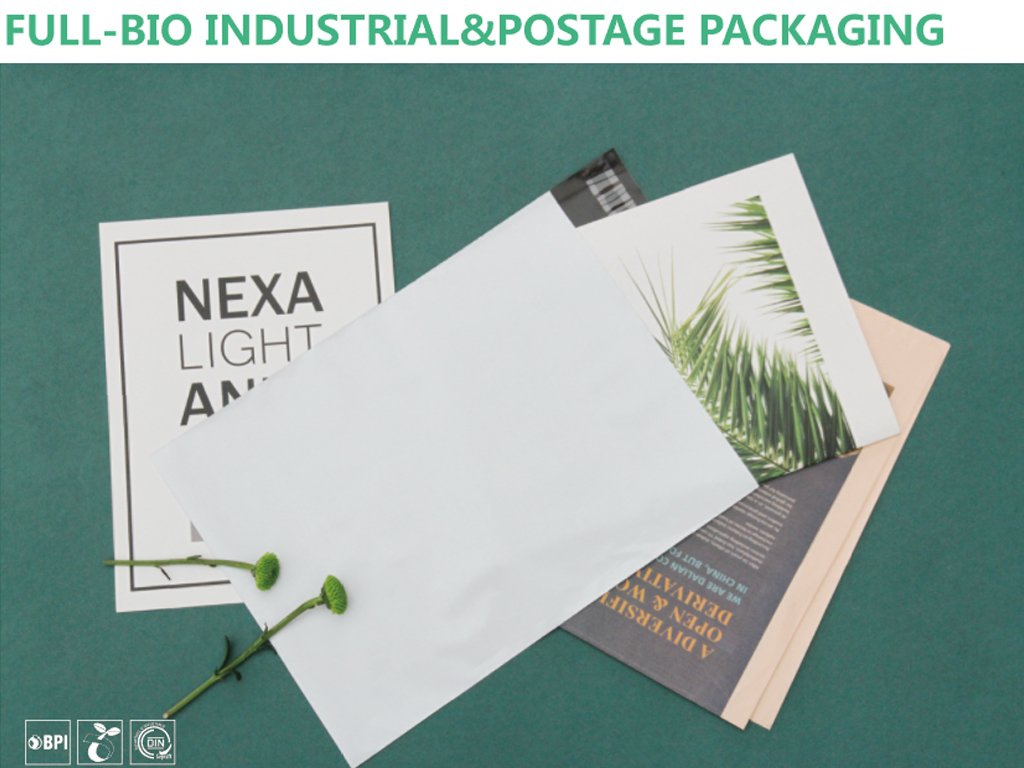
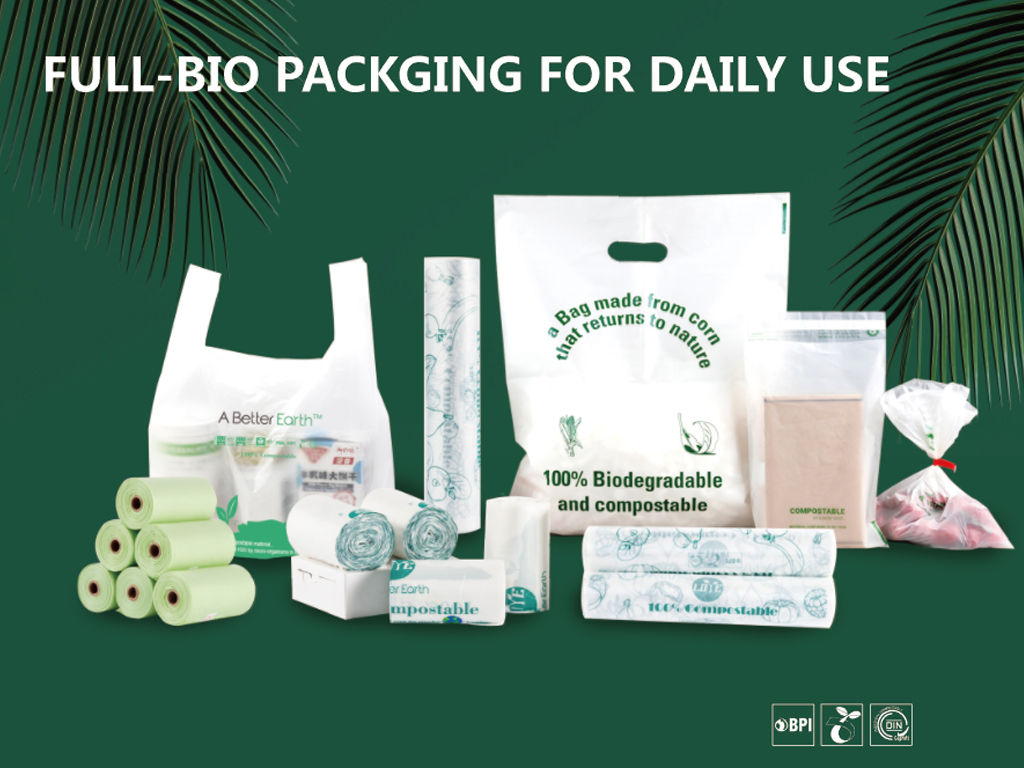
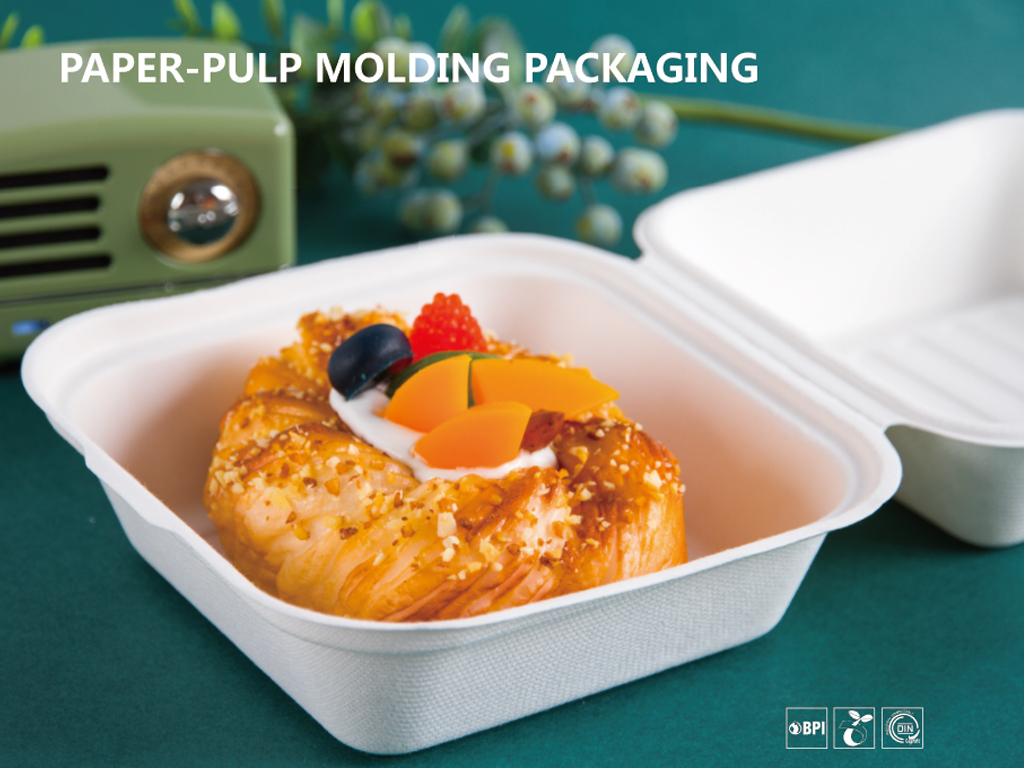
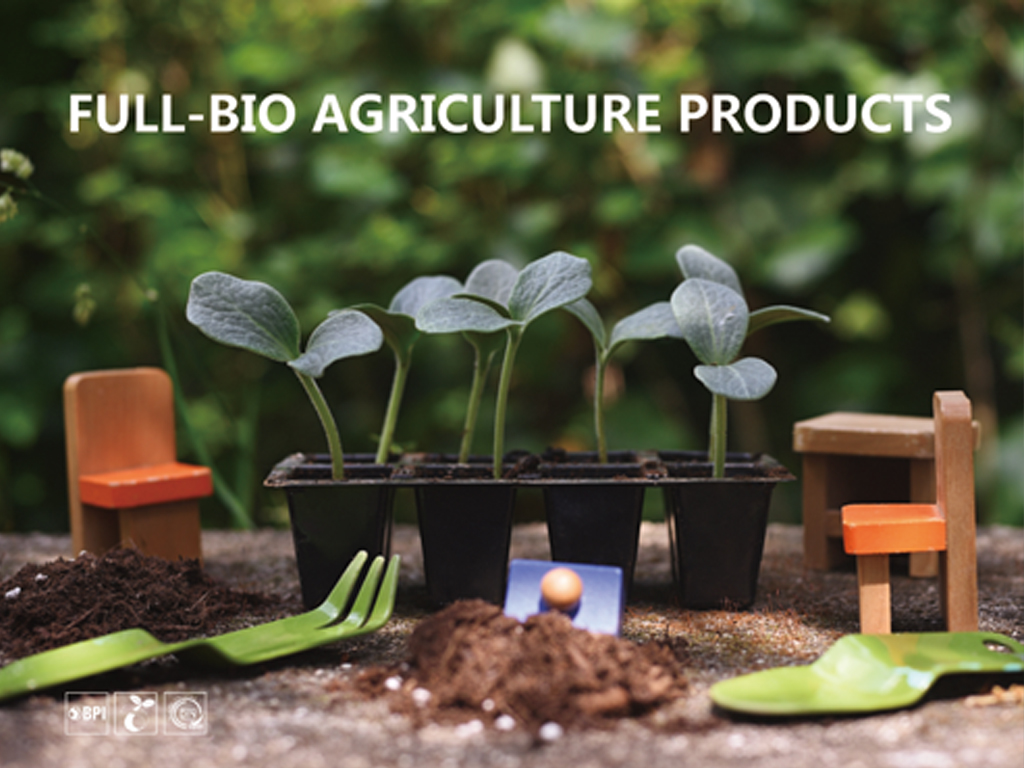
If you have any demand for fully degradable material products, please contact us!

















































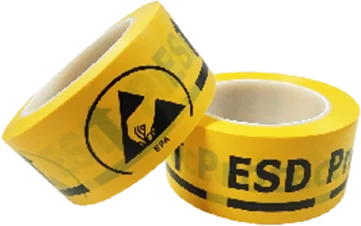

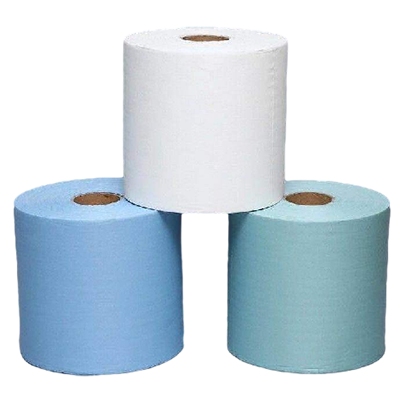



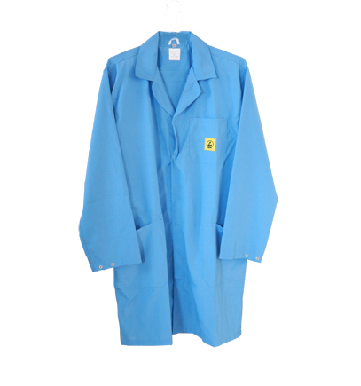
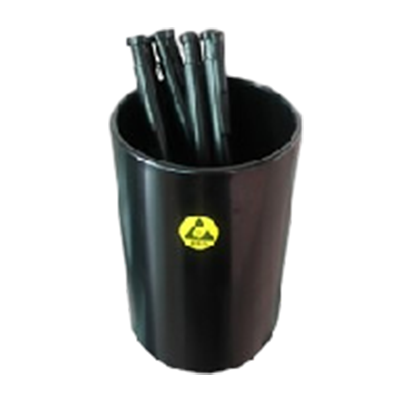


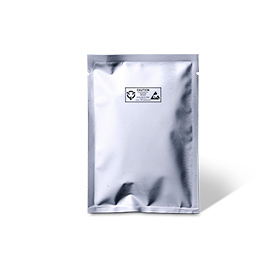
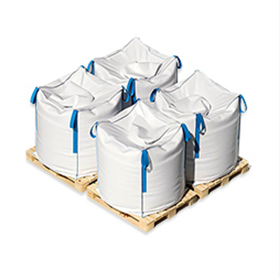









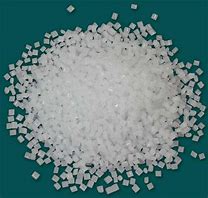
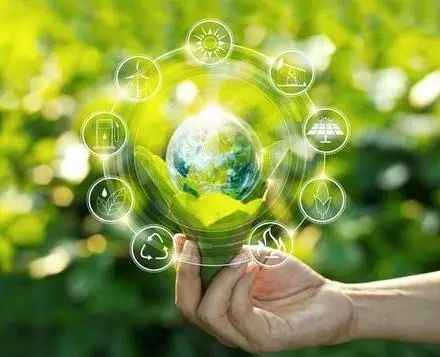
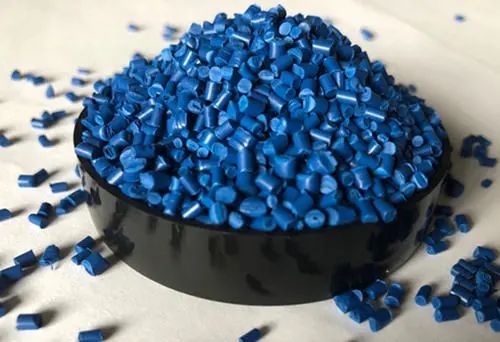
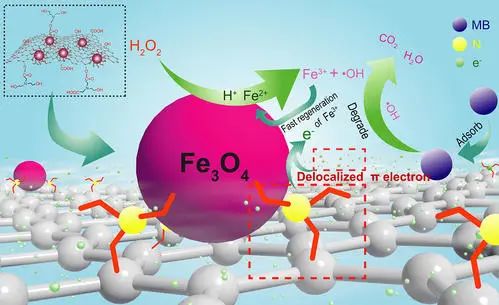











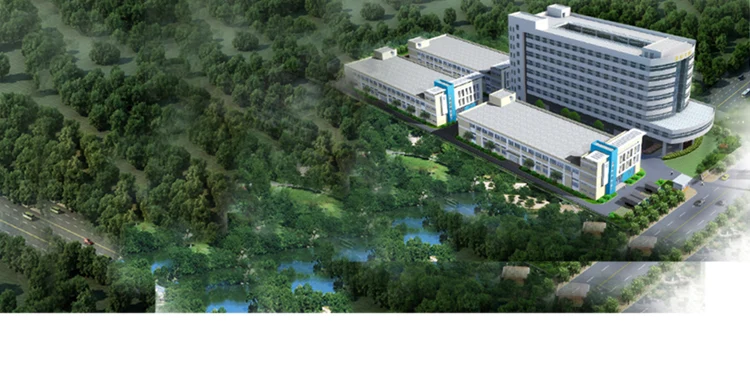




















 18915559236
18915559236 xcbxa@xcgs.com
xcbxa@xcgs.com